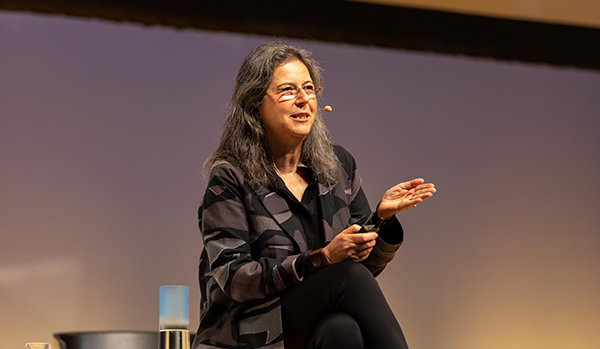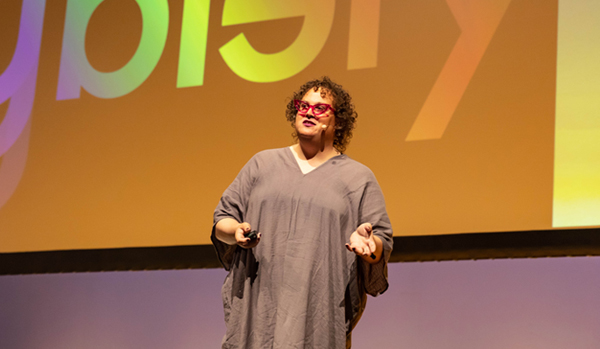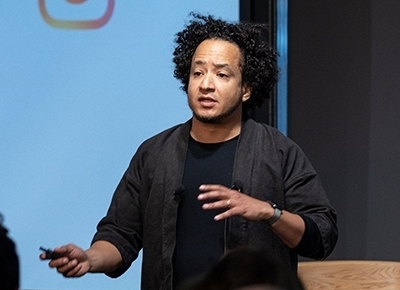Hear from international thought leader Dame Ellen MacArthur
Dame Ellen MacArthur first spent time in New Zealand when her first round-the-world yacht was being built. That yacht signaled the beginning of a much bigger journey. During Ellen’s long sailing across the oceans, she came to understand the fragile nature of the Earth’s resources. From there came a change of tack, where she chose to focus on raising awareness about the finite nature of these resources.
Dame Ellen joined us at our latest Spark Lab Speaker Series virtual event. She shared her insights on the importance of creating a global circular economy, and what that can mean for business, and also as people.
Business as usual isn't sustainable
Currently, the way we’re conducting business is far from sustainable. No matter how many trees we plant, we’re not addressing the problems we’re actually creating. This is because our approach and our systems of production are so linear. The Earth’s resources are finite, but our needs are infinite, and the current economic model uses all these resources with no vision for what happens next. The solution is less about reduction and more about regeneration.
Circularity is the evolution of sustainability
Sustainability is a transitional tool. It has helped us begin this transformational journey, but it’s only a beginning. We need to shift the notion of production away from this linear idea of extract, process, sell and dispose. We must shift to one that looks to turn that into a circle: adding in regeneration, contributing back into nature and the ecosystem to feed it, and to replenish the resources we deplete. In business, looking at this as a design challenge turns it from a problem into an opportunity.
A different kind of measure
Dame Ellen talks about a theme popular among progressive economists such as Kate Raworth and Mariana Mazzucato. She highlights that we need to disconnect economic growth from GDP, and when we do that, people and the environment will thrive. In our businesses the way we measure performance should be more than the bottom line, or multiple bottom lines. What we do for the planet should be integral.
Access over ownership
Over the past decade, especially enabled by the power of technology, we’ve come to look at our needs differently, and by extension re-evaluate the concept of ownership. Some of the things we need, we’re limited to a lesser version of because of the capital restrictions of owning them.
Take a washing machine as an example. A good one that uses less water costs more. But fewer people can access it at the price-point. Using that good machine as a communal washing machine in an apartment can ensure the benefits of that thing for the planet and people is shared. We see massive growth in communal workshops, tool libraries and car ownership. Dame Ellen’s talk was a wealth of information and insights as to how we can reimagine business into a circular system.




